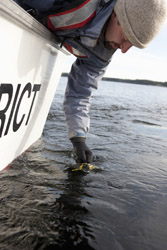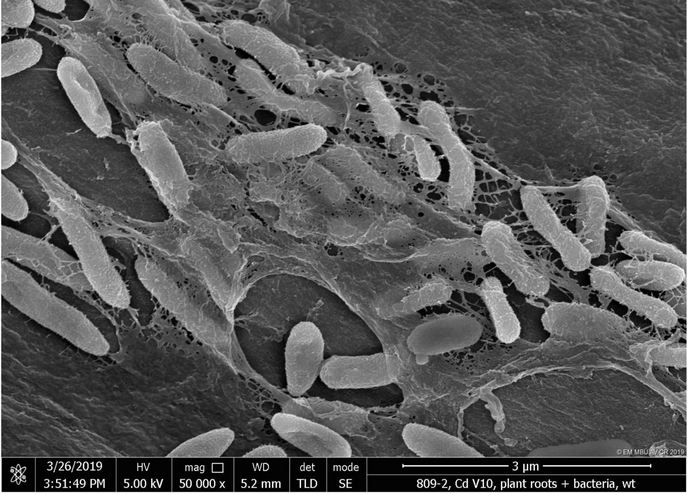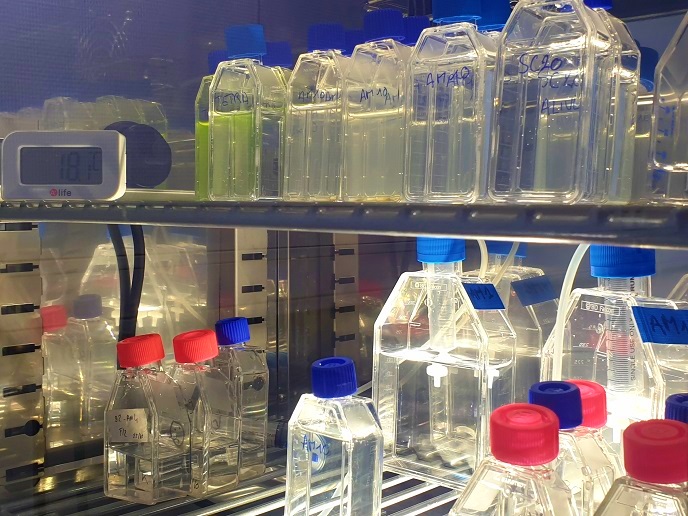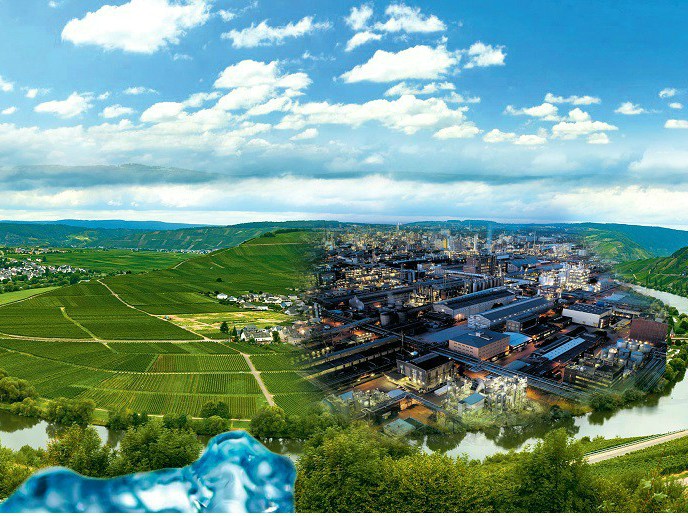Hundreds of new enzymes discovered
Microorganisms, and particularly bacteria, represent a large portion of the genetic diversity on Earth. But scientists cannot grow most of these microorganisms in laboratory conditions, thus limiting our access to the enzymes (biological catalysts that speed up various reactions) they produce. The EU-funded 'Marine metagenomics for new biotechnological applications' (MAMBA) project set out to develop and apply a new way to screen microorganisms for useful enzyme activity. A high-throughput method was successfully devised at the start of the project. Samples were taken from various extreme marine locations and used to create 'expression libraries' — a well-established method for screening all expressed genes in a given sample of microorganisms. These libraries were then screened directly for enzyme activity on specific enzyme targets known as substrates. This novel approach identified more than 1 100 potential new enzymes, of which 600 were selected for more in-depth studies. Half of those were isolated to investigate further, and more than 40 new enzyme structures were elucidated. These figures mean that MAMBA researchers effectively doubled the number of known enzymes that operate at extreme temperatures, high salinity and pH values. The protocols and screening platform used in the project have been commercialised, and several enzymes identified have been earmarked for commercial development. Exploration of the full scope of marine biodiversity is still at an early stage, but an important step in identifying the potential of microbial diversity has been made.
Keywords
Enzymes, metagenomics, screening platform, marine microorganisms, genetic diversity







